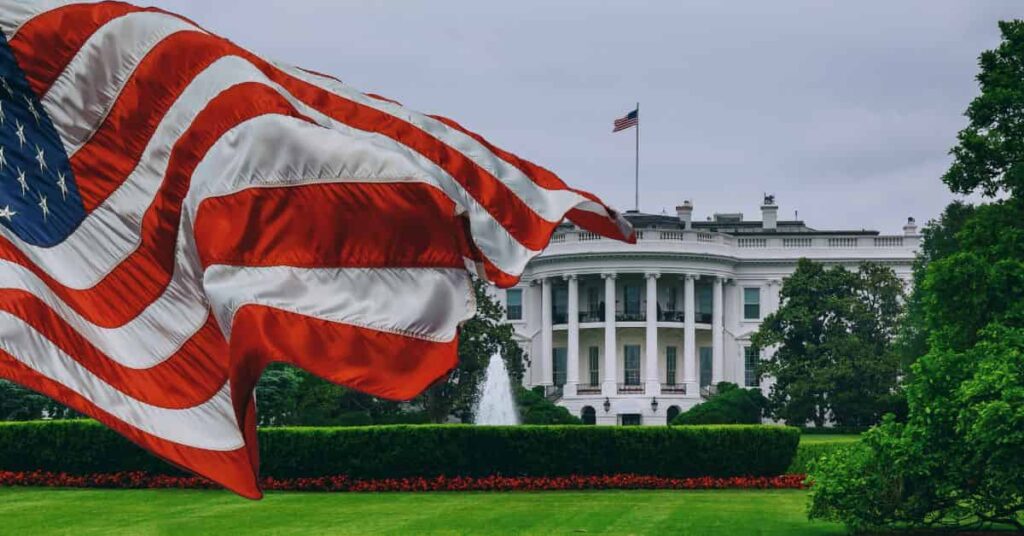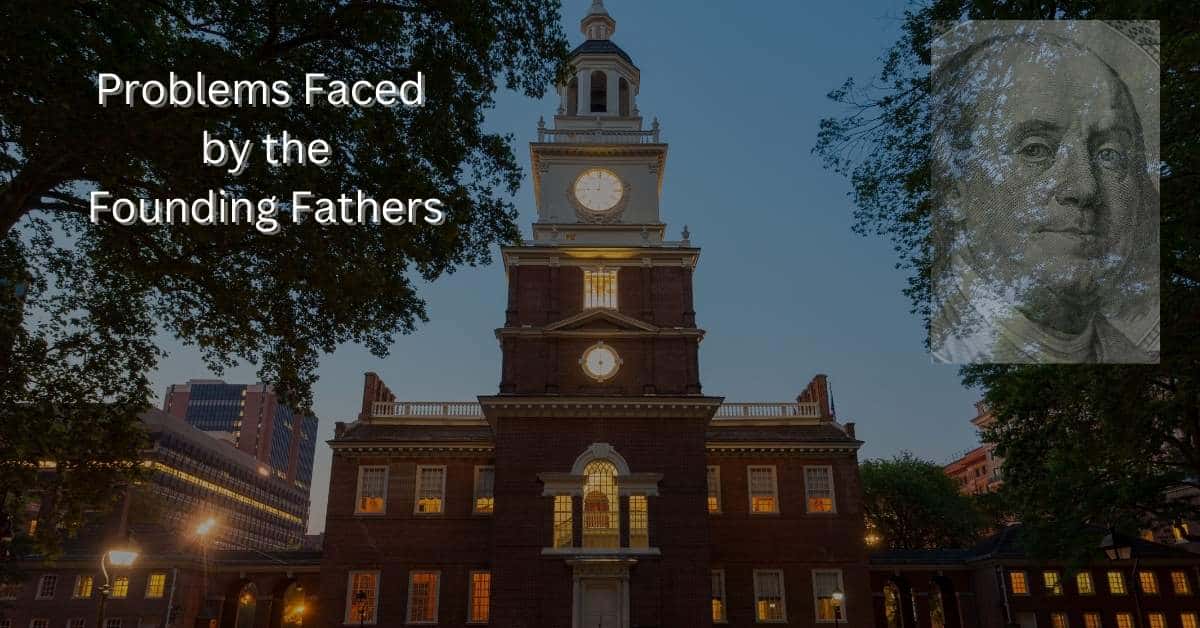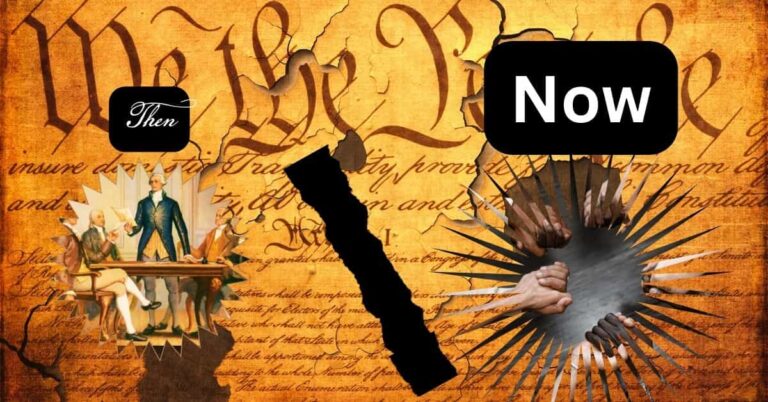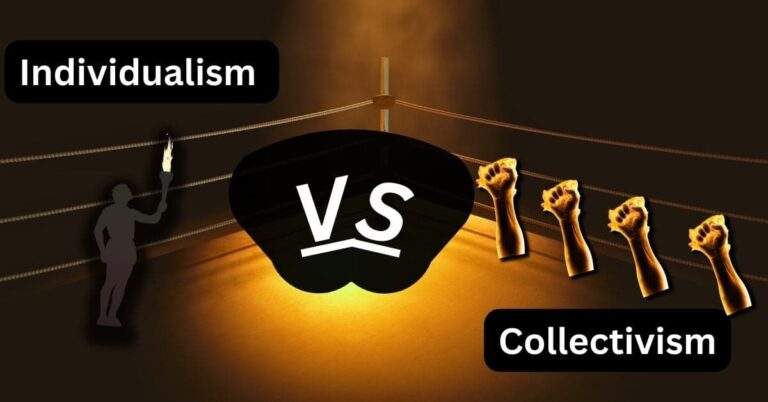Don’t worry about your problems! It will work out is what you’re told. Yet, the Founding Fathers didn’t abide by that mentality. They debated their issues during the Constitutional Convention to solve their crises. I’m here to answer your questions about the Founders’ troubles.
During the Constitutional Convention of 1787, prominent issues of states’ rights, slavery, commerce, and executive powers echoed through Philadelphia. James Madison kept a detailed log of events. Historians use his notes for discussing problems that Founding Fathers faced.
These debates lasted 3 months. But, it took years for states to ratify the proposals presented. Why is that? Find out below to further your knowledge and understanding.
States Rights: Representation in Congress
Who will yield the most power? That’s the whole issue with states’ rights. Who needs more authority: the federal or state governments? The goal is to have a system that promotes balance.
Larger States vs Smaller States
If one state controls all the power, they bully others to benefit itself. The Founding Fathers saw that the Federal government couldn’t regulate competition among the states. It became a major issue during the Constitutional Convention.
The northern and southern states fought for different interests. Economic powerhouses of New York and Massachusetts grew as industrial and cultural centers for America. Cities of Boston and New York produced mass influence with their large populations.
Southern states characterized a slower pace of life. Mass expanses of land teemed with cotton and agricultural products.
During the debates, representatives of both sides fought with passion. This is the type of emotion that raises tempers and starts epic fights.
James Madison stated the following in his description on Thursday, June 28, 1787:
James Madison Notes
“…John Lansing of New York launched a counterattack from the small states by introducing an amendment… representation in the first house equal for all states. Benjamin Franklin then tried to cool tempers with a proposal.”
You gather a sense of the excitement with the vocabulary James Madison used. The words “counterattack” and “cool tempers” symbolize more than a regular debate. These words introduce the uneasiness of discussing representation.
For example, you launch counterattacks on people or ideas you disagree with. You feel your own passion pulse through your veins on your issues.
Thus, the biggest argument became representation in Congress. Under the Articles of Confederation, each state voted once. That was it. No other chance to sway the vote existed.
Should voting among the states be by population or taxable wealth?
This became an important question to answer.
As you see below, here is a glimpse of approximate populations in 1790. This census determined future representation issues.
|
States |
Total Population |
|
Vermont |
85,539 |
|
New Hampshire |
141,885 |
|
Maine |
96,540 |
|
Massachusetts |
378,787 |
|
Rhode Island |
68,825 |
|
Connecticut |
237,946 |
|
New York |
340,120 |
|
New Jersey |
184,139 |
|
Pennsylvania |
434,373 |
|
Delaware |
59,094 |
|
Maryland |
319,728 |
|
Virginia |
747,610 |
|
Kentucky |
73,677 |
|
North Carolina |
393,751 |
|
South Carolina |
249,073 |
|
Georgia |
82,548 |
|
Total |
3,893,635 |
Source: National Archives: Heads of Families First Census of the United States 1790 The State of Maine
Compromise Reached

After much deliberation, the stalemate broke. We will discuss the specific compromises reached.
These are the results:
- House of Representatives
- Based on population
- Favored by larger states
- Senate
- Based on more equal distribution of state representation
- Favored by smaller states
Once they solved the legislature’s organization, how were the senators to be elected? And for how long?
State legislatures elected senators for 6-year terms. The people didn’t have direct control. Some saw this as a loss of “power to the people.” Eventually, America added the 17th amendment promoting direct elections of senators in 1913.
Also, our Founders anticipated 2 primary troubles with the length of terms:
- Too little time = no loyalty
- Too much time = potential tyrants
As you see, states’ rights and representation in Congress determined what legislation passed. It became imperative for the individual state’s voice to be heard. Without it, they felt like they lost their voice in self-government.
After the compromise, we still extended rights. LEARN MORE about rights not directly made in the handshakes across the table. We call them unenumerated rights.
Slavery and Social Cohesion
I am going to state this so you don’t become mad or distracted on your quest for learning as you read.
Looking back on history, we realize slavery and servitude are wrong. Slavery created moral and humanitarian catastrophes. They shouldn’t have endured past the Constitution. But, they did. We fought a major war losing thousands of lives dedicated to the freedom of slaves.
Now, that is said. Let’s move on to discover what the Founding Fathers believed.
What was their general outlook on slavery?
Numerous abolition groups gained traction around these debates. Discussing slavery in Congress was embarrassing. They wanted to avoid the discussion altogether. However, that proved to be an infeasible idea.
The concept of keeping or abolishing slavery resided in individual states. When forming a new country, the Founding Fathers wanted state autonomy intact. Alienating states by making slavery the main conversational topic posed an enormous risk.
How to proceed with caution?
As we saw in the previous section, state representation in Congress proved crucial to a future government.
We must ask ourselves several questions that Founders pondered:
- How are we to maintain social cohesion with such a sensitive topic as slavery?
- What must be done to keep all sides happy?
- Should slaves count in the overall population of the House of Representatives?
From these thoughts, Constitutional Convention representatives deliberated on 2 main ideas.
1. Three-Fifths Compromise
This controversial compromise stated that 3 out of every 5 slaves counted as population. This determined state representation in the House of Representatives.
More votes equaled more power to accomplish the Southern agenda.
Northern states rejected the premise that slaves should be counted as 1 for 1. The census had to be worded in such a way that slaves didn’t count proportionally as the total population.
The challenge of private property rights versus humanity became the real issue. Founders argued over representation issues and this became their solution.
2. Slavery importation
Southern states’ wealth came from the exportation of agricultural products. Thus, they were tied to slavery.
The government could not tax or regulate the importation of slaves. If Congress wanted to regulate it, there needed to be a 2/3 vote in Congress to pass legislation. As you see, representation in Congress proved to be important in determining future policy.
In the end, the Constitutional Convention agreed that importing “people”- meaning slaves- couldn’t be banned until after 1808. Article I, Section 9, Clause 1 governs this fact.
Commerce Clause: Making the World Operate

Trading among other nations is the quickest way to increase prosperity. America’s products needed buyers, and the world became their market. The Constitution created the first commercial systems in the world. This approach monitored businesses to promote fair regulations.
James Madison recorded little about this clause. References to commerce are mentioned 9 times.
To debate the commerce clause, 2 questions had to be answered:
- What market powers would the federal government need?
After gaining freedom, America wanted to trade with its prior enemy. British markets loved American tobacco, furs, and other frontier goods. Yet, no oversight existed on a national scale to regulate the flow of exports to other countries. Great Britain levied harsher trade rules against American merchants. They didn’t play nice!
America required new regulations to establish better markets.
- How much power over controlling commerce would the states lose?
New York rejected most items introduced during the Constitutional Convention – except the commerce clause. If New York accepted new oversight, then there wouldn’t be much opposition to its adoption.
Neighboring states battled each other for use of the rivers and natural resources. The states wanted relief from their constant internal battles.
What did the commerce clause do?
The commerce clause regulated 3 aspects of American industry:
1. Fiscal Regulation
18th-century American government lacked revenue from imports and exports. Naturally, the Founding Fathers wanted the ability to tax European goods. America’s debt from the American Revolution grew larger. Our government required funds to pay off the liability.
Thus, representatives agreed on taxes on tonnage and weight. Many ships entering American ports today are taxed based on the cargo’s tonnage.
Also, Congress wanted to protect certain industries. By levying taxes on foreign imports, you can better protect home industries from invasive competitors. There is debate whether restricting international competition is good for a free-market economy.
That’s a different blog post and conversation.
2. Commercial Enterprises
For any pro-business liberty-loving individual, new regulations produce challenges. The commerce clause created new legal regulations on entire industries. These laws affected tobacco growers from North Carolina to printing presses in Boston.
When I said that the commerce clause created an entire commercial system, I wasn’t kidding. Government oversight grew with its adoption.
3. Customs and Border Protection
Our borders need protection. This is another legal oversight developed by the commerce clause.
We need the ability to examine harmful ships, cars, and planes from entering the United States. This better shields the American people from biohazards and disease.
General Issues Faced by the Founding Fathers
In this section, we will summarize smaller issues the Founding Fathers encountered.
Executive Powers and Oversight: Preventing a Tyrant

You could’ve been ruled by a king or queen.
George Washington gained a tremendous following and power being the symbol of the Revolution to average Americans. Many loyal admirers called him- “Your Excellency”- alluding to him as American royalty.
I’m not saying George Washington would’ve become a tyrant. But the influence mentioned obscures anyone’s judgment.
The Founding Fathers wanted to prevent deception and tyranny. A sly individual with tremendous authority abolishes a liberty-minded government.
Therefore, debates ensued about how the executive branch of government interacted with Congress:
- Would the executive branch power be held by 1 person?
- Or would a committee of elected people hold office?
- Could Congress override a presidential veto?
- What means would the executive- or president- be elected?
- How long would the terms of office be?
These are all important questions the Founding Fathers examined.
After much discussion, representatives decided that Congress could override presidential vetoes. They needed a 2/3 majority vote of Congress. Having the ability to invalidate a president’s actions dissipated their perceived power.
Also, our elected leader commanded the army. This directs us to our next section. What is said about an army?
How to protect from foreign threats?
You look at the U.S. military and forget its roots. The Continental Army lacked all the multi-million-dollar jets, tanks, ships, and personnel you see today. To win the Revolutionary War, we secured French naval help.
The Anti-Federalists favored disbanding the army after the American Revolution. So, after the Treaty of Paris of 1783, the Continental Army disbanded. We had only the minimum amount of soldiers. The militia protected Americans from foreign threats.
Founding Fathers saw a weak nation without an army. Enemies exploit your vulnerabilities.
Thus, we have a modern army due to the insight of our Founding Fathers.
Who is responsible for making the coin?
Having different kinds of paper money with faces that you don’t recognize doesn’t project unity in a nation. Rhode Island prints money with their heroes’ faces on it. North Carolina does the same. Repeat this among all the states, and you have a dysfunctional economic system. Fraud and manipulation tactics gain hold.
The Founding Fathers created a uniform currency system to combat different printed money. States no longer issued individual paper notes.
Now, a uniform system allowed Congress to pass legislation to punish forgeries.
Conclusion
Your problems will not disappear if you ignore them. They fester. Thankfully, our Founding Fathers faced their challenges.
Debates about state representation saw the biggest quarrels. For politicians to hear your voice, you must be active. Larger and smaller states battled over whether population or wealth determined representation.
Servitude and slavery are terms that bring immediate disgust in modern society. They should because slavery is a horrendous institution. Unfortunately, war solved the problem- not rational discussion.
You have access to goods made from all over the world- including the U.S. The Commerce clause originated one of the first commercial systems. We have laws regulating money to borders.
Founders neglected to discuss interstate commerce. This is a little-known fact. Now, you know.
Several smaller problems existed:
- We required a president but no clear way to elect one.
- States printed their own currency. What a mess! No economic uniformity.
- We needed a professional army for protection from future threats to liberty
I hope you learned some of the issues our Founding Fathers confronted. While some of the issues mentioned above are awful, they are part of history that we learn not to repeat.
Which issue do you have the most knowledge on?
What issues did the Anti-Federalists raise? LEARN MORE about why states refused the Constitution.
J. Liberty
Printed Source:
Winship, E. J. (2005). The Constitutional Convention: A Narrative History from the Notes of James Madison. New York: The Modern Library.
Photo Credits:
Photo: © nattul via canva.com
Photo: © valentynsemenov via canva.com



